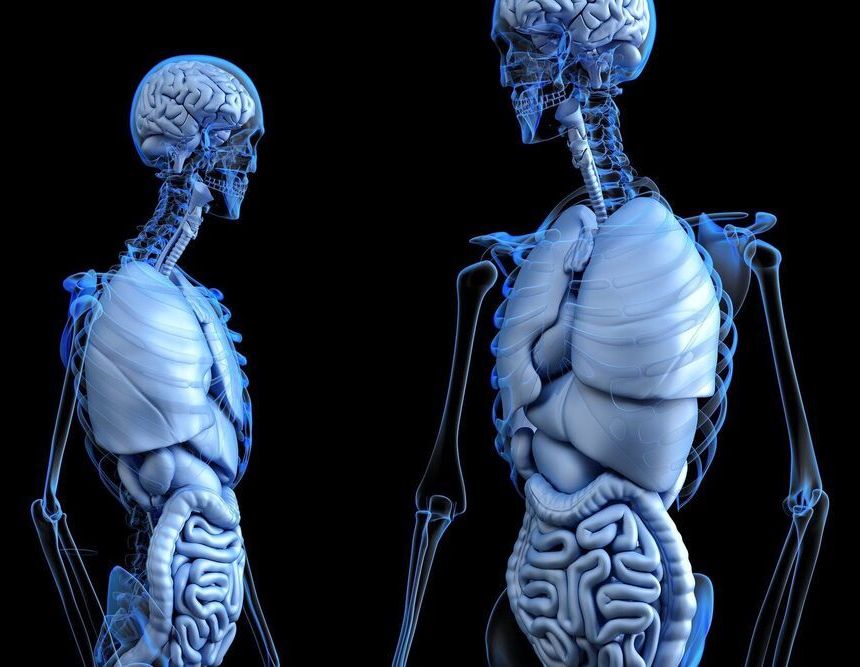Researchers at the Stanford Institute for Stem Cell Biology and Regenerative Medicine have discovered how changes in aging skeletal stem cells may be an underlying cause of poor fracture healing, osteoporosis and various blood disorders as well as generalized inflammation and aging (sometimes called “inflamm-aging”) of cells and systems throughout the body. However, the researchers are also discovering how they might reinvigorate aging skeletal stem cell so that they start acting younger again, potentially reversing these changes.
“Skeletal stem cells give rise to bone, cartilage, and special cells that provide a niche or nursery for blood and immune stem cells to develop,” said Charles Chan, PhD, a member of the institute and an assistant professor in the Department of Surgery, Plastic and Reconstructive Surgery, and Immunology. “So if aged skeletal stem cells are not performing well, they can contribute to a wide variety of the disorders that we find in older people.”
The Research was published in the journal Nature. Chan and professor Michael Longaker, MD, are senior authors on the paper. Longaker is the Dean P. and Louise Mitchell Professor in the School of Medicine and a member of the Institute for Stem Cell Biology and Regenerative Medicine. Postdoctoral fellow Thomas Ambrosi, PhD is a co-first author along with former medical student Owen Marecic, MD and former postdoctoral fellow Adrian McArdle, MD, PhD.
